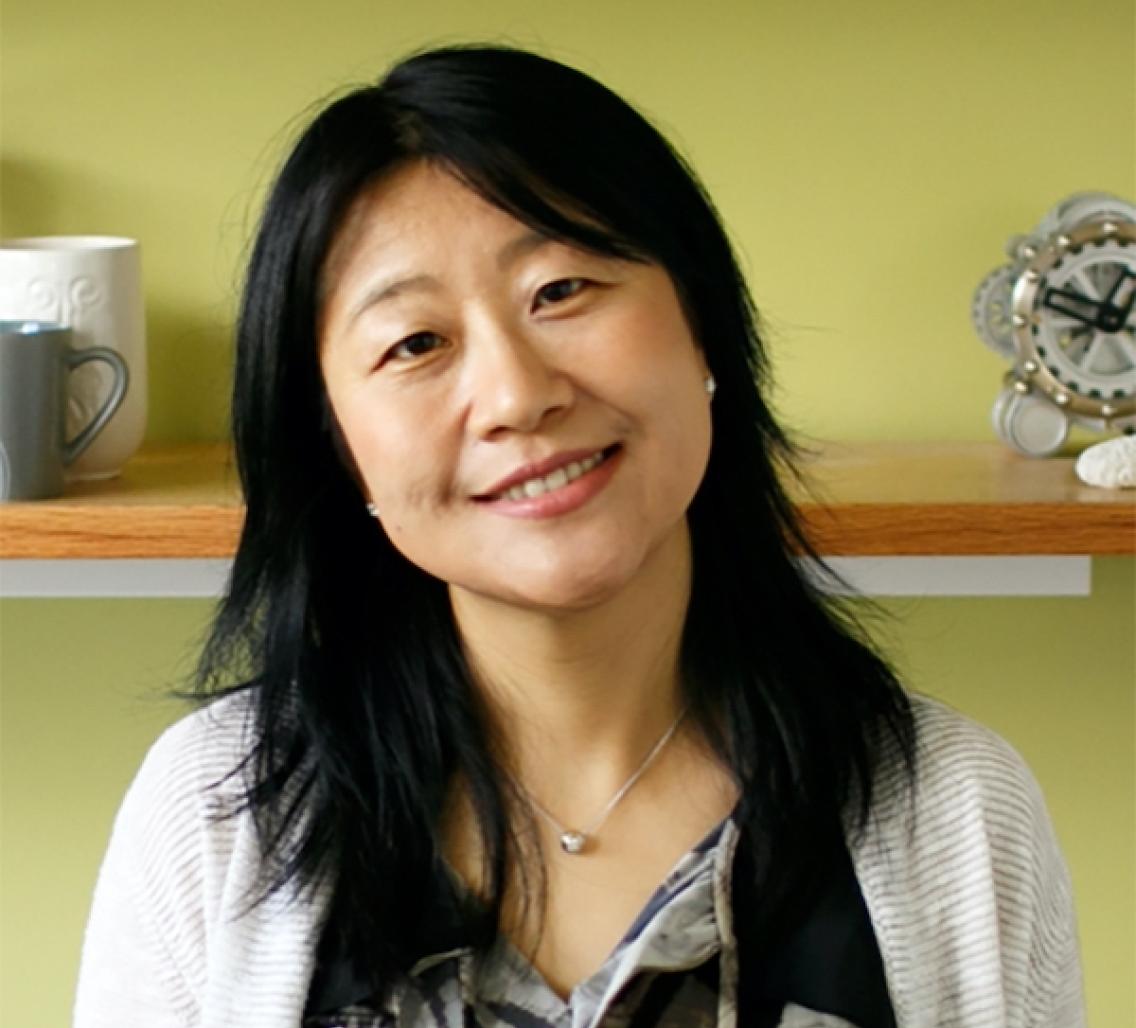Event Details:

Chenghua Gu, PhD
Professor of Neurobiology
Harvard University
Host
Laura Driscoll (Shenoy Lab)
Abstract
The relationship between the brain and its vasculature is different than that of other organs. The brain vasculature has two distinct features that cater to the brain’s unique functions. First, neurons in the brain are extremely sensitive to their extracellular chemical environment and each neuron is at most 15 microns away from a capillary. Brain endothelial cells forming the blood vessel walls constitute a blood-brain barrier (BBB) to provide a safe and homeostatic environment for the brain. Second, despite representing only 2% of the body weight, our brain consumes 20% of body’s energy at rest and has very limited ability to store energy. So, to meet moment-to-moment changes in regional brain energy demand, neural activity rapidly increases local blood flow, a process called neurovascular coupling. I will present our recent progress on the molecular mechanistic understanding of how the brain vasculature executes these functions, and how unique vascular demands of the brain have led to molecular, cellular, and trans-cellular specializations unlike those found in other tissues
Bio
Chenghua Gu is a professor of neurobiology at Harvard Medical School. Her laboratory studies the interactions between the vascular and the nervous systems, specifically how the blood-brain barrier (BBB) functions and how blood supply is dynamically matched to the local energy needs of neural circuits. Her laboratory recently demonstrated that inhibition of transcytosis is a major mechanism for the BBB function, and that brain endothelial cells play an active role in mediating neurovascular coupling. Dr. Gu is a Howard Hughes Medical Institute (HHMI) Faculty Scholar, and a winner of the National Institutes of Health Director’s Pioneer Award for highly innovative research, and an Allen Distinguished Investigator.
Related Papers
[1] Andreone, B.J., Chow, B.W., Tata, A., Lacoste, B., Ben-Zvi, A., Bullock, K., Deik, A.A., Ginty, D.D., Clish, C.B., Gu, C., (2017) Blood-brain barrier permeability is regulated by lipid transport-dependent suppression of caveolae-mediated transcytosis. Neuron, 94(3) 581-594. NIHMS 865093, PMC547495
[2] Chow, B.W., Nunez, V., Kaplan, L., Granger, A.J., Bistrong, K., Zucker, H.L., Kumar, P., Sabatini, B.L., Gu, C., (2020) Caveolae in the CNS arterioles mediate neurovascular coupling. Nature, 579 (7797): 106-11